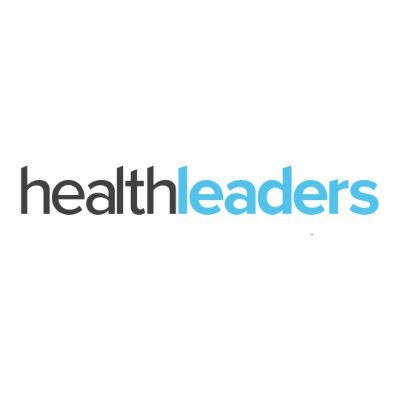Editor's Note Federal efforts to rein in student loan debt and tuition costs, including a new law and related Department of Education rules risk post-baccalaureate nursing students’ eligibility for federal loans as graduate medical students. In response, many professional practice organizations, including the American Nurses Association (ANA), are rallying support…
Editor's Note A new academic practice partnership playbook for nursing has been released through collaborative work between The American Association of Colleges of Nursing (AACN) and the American Organization for Nursing Leadership (AONL), according to a December 2 news release from AACN. The AACN/AONL Academic Practice Partnership Playbook: From Shared…
Editor's Note Balancing a limited nursing staff without compromising quality patient care or staff satisfaction can be a delicate balancing act. One large midwestern hospital experiencing inadequate nurse staffing levels and a spike in discharge delays tested a new staffing model in which LPNs supported medically stable patients through a…

It is no long best practice to deliver education via a traditional lecture with PowerPoint slides or an unimaginative online learning module. “These techniques are boring and not effective,” says Beverly Kirchner, MSN, BSN, RN, CNOR(E), CASC, chief compliance officer for SurgeryDirect, LLC. “Staff just listen or read the information,…

Editor's Note Healthcare systems are finding that ambient AI built for doctors does not automatically translate to nursing care, HealthLeaders November 4 reports. However, Mercy for instance is piloting Microsoft’s Dragon Copilot AI for nursing and discovering that the nurse-patient encounter requires tailored design and training to capture accurate, useful…

Volunteering is, at its core, about giving back. Yet many volunteer opportunities also create pathways to elevate one’s career and professional identity. At the American Board of Perianesthesia Nursing Certification, Inc (ABPANC), nurse volunteers grow both personally and professionally, gaining new knowledge, forming connections, and finding renewed purpose and emotional…

Editor’s Note Healthcare cannot afford to “rewind,” said Dan Weberg, PhD, MHI, RN, FAAN, executive director of nursing workforce development and innovation at Kaiser Permanente, during his opening keynote on leading and embracing innovation in healthcare. According to Dr Weberg, healthcare’s “blockbuster moment” has arrived, and leaders must choose to…

Editor's Note Hands-on, simulation-based education can dramatically raise confidence and communication among perioperative teams learning robotic-assisted surgery, AORN Journal October 22 reports. The article profiles how one nurse leader at Duke University Hospital built a comprehensive robotics training program that helped staff achieve near-total confidence in managing robotic systems safely…

As hospitals and surgical services face an acute nursing shortage, the sustainability of the perioperative workforce continues to be a pressing concern. Several projections show the nursing workforce in the US—as well as globally—remains under strain while surgical demand shows no sign of slowing down. The American Association of Colleges…

Editor's Note A new study shows that video-language models (VLMs) can reliably evaluate nursing procedures, detect errors, and provide feedback, paving the way for scalable AI-assisted training in nursing education, Cornell University September 20 reports. The paper, titled “Automated Procedural Analysis via Video-Language Models for AI-assisted Nursing Skills Assessment”, outlines…